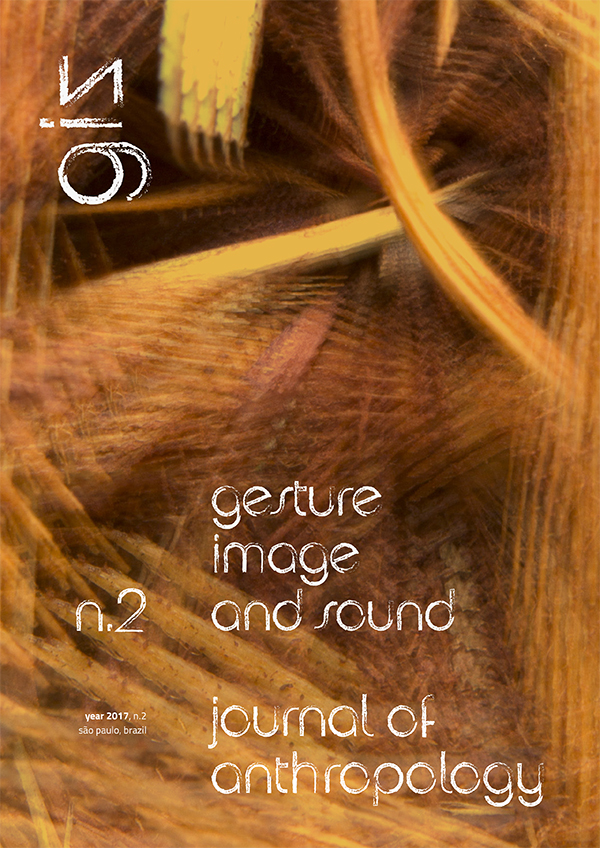The rural seen from two viewpoints in the movie I travel because I need it, I return because I love you
DOI:
https://doi.org/10.11606/issn.2525-3123.gis.2017.129193Keywords:
Movies, Rural, Social representation, Language, Film decompositionAbstract
This analysis focuses on rural representations of the Brazilian northeastern backwoods in the movie “I travel because I need it, I return because I love you”, directed by Karim Aïnouz and Marcelo Gomes and released in 2009. We assume that a cinematographic work, even if resulting from the subjective vision of a cinematographic narrator, when we understood as a society cultural product, also carries in its discourse representations of that society and its historical time. In this article, the examination of these representations will be performed through the analysis of the significant elements of cinematographic language (framing, lighting, camera movements, etc.) used in the narrative construction, since we believe that it is from the choice of every element of language that a movie can reveal to its viewers the aesthetic and ideological representations of a given social time.Downloads
Download data is not yet available.
Downloads
Published
2017-05-29
Issue
Section
Articles
License
Authors who publish in this journal agree to the following terms:
a. All rights reserved for authors. Journal has right to first publication. Work is simultaneously licensed under Creative Commons Attribution License which permits sharing work with recognition of authorship and initial publication in this journal for non-commercial ends.
b. Authors are authorized to separately make additional contracts for non-exclusive distribution of version of work published in this journal (e. g. publish in institutional repository or as book chapter), with recognition of authorship and initial publication in this journal.
How to Cite
Godinho, Maria Inês Almeida. 2017. “The Rural Seen from Two Viewpoints in the Movie I Travel Because I Need It, I Return Because I Love You”. GIS - Gesture, Image and Sound - Anthropology Journal 2 (1). https://doi.org/10.11606/issn.2525-3123.gis.2017.129193.







